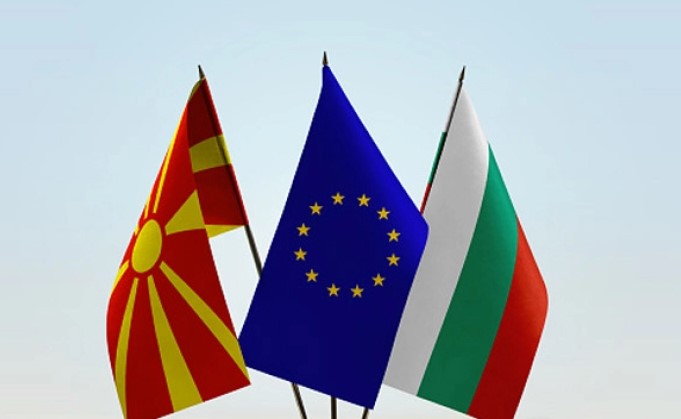The latest progress report prepared by the European Commission is exceptionally critical for Macedonia, with conclusions that the country has made no progress in the fight against corruption, which is rife in the country and is an issue of concern. Macedonia is also accused of abusing Parliament rules put in place to advance the EU legislation – in the most notable case the so-called EU flag procedure to fast track legislation was used by the SDSM and DUI parties to greatly relax fines for abuse of office, resulting in the collapse of a number of high level criminal cases.
No progress was made.. in the prevention and fight against corruption. Delays and reversals in trials of high level corruption cases increased, resulting in some cases in the expiration of the statute of limitations. The Criminal Code was amended through an expedited parliamentary procedure. The maximum legal penalties for specific corruption related criminal offences was reduced, having implications on the application of the statute of limitations and affecting, halting or even terminating a large number of high-level corruption cases, including from the former Special Public Prosecutor’s Office (SPO). The amendments also hamper the authorities’ ability to investigate and prosecute such offences. This is a matter of serious concern, the Commission said in its report.
The goal of the scandalous changes is still not fully clear – SDSM and DUI seem to be preparing to protect their own officials from investigations after they lose power, but may also be trying to use this process to bargain with former VMRO officials, hoping to split the opposition party in the run up to the elections.
Further, on the rapidly collapsing judicial system, the European Parliament warned about the politically driven dismissal of the head of the Judicial Council. “The controversial dismissal of the President of the Judicial Council raised concerns about undue political influence. The adoption of a new judicial reform strategy aimed at improving the performance of institutions is behind schedule”.
The Parliament also noted that the Government took an obligation to amend the Constitution in line with the Bulgarian demands. “Parliament and government committed to launch and achieve as a matter of priority the relevant constitutional changes, with a view to including in the Constitution citizens who live within the borders of the state and who are part of other peoples, such as Bulgarians”.
In their remarks, Commission officials again called on the country to adopt the changes, as Bulgaria continues to block Macedonia from opening EU accession talks, unless this change is made. The report notes that the two controversial Bulgarian centers in Macedonia, that were named after figures who were Nazi collaborators, were ordered to change their names after a new law on associations was quickly adopted through Parliament. The European Parliament insists that “the drafting of new legislation on associations and foundations should be subject to a broad consultation process with civil society and concerned stakeholders. The law should aim to apply the highest international standards and guidance in this area, including by consulting the Venice Commission prior to the adoption of the law”.
The European Parliament also objects that the controversial Bechtel contract was awarded without a competitive bid, with changes to the law, again abusing the EU flag procedure. “In March 2023, the government approved a contract for the construction of highway sections along Corridor VIII and X-d. The contract was directly awarded to an international consortium without a competitive procedure as the ad hoc Law on determining the public interest and the Law on nominating a strategic partner for the implementation of the project for the construction of infrastructure Corridor VIII and X-d adopted by the Parliament in 2021 exempts the project from the application of the law on public procurement. In May 2023, the Government submitted for adoption to the Parliament legal amendments that are necessary for the implementation of the project. These laws were labelled with the EU flag to fast-track the procedure although this was not an appropriate use of the procedure”.





Comments are closed for this post.